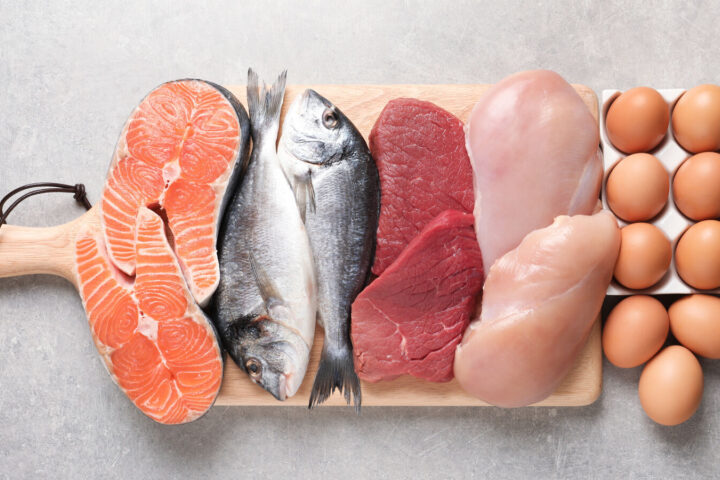
Broad alliance for modern breeding methods
The signal effect could not be greater. The label organization IP-Suisse, the fruit, vegetable and potato producers, the agricultural cooperative Fenaco, the large retailers Coop and Migros and the consumer forum have recently joined forces under the name "Varieties for tomorrow". According to its president, the aim of the association is to give new breeding methods such as genome editing a chance in Switzerland.
Wednesday, November 24, 2021
The breadth of sponsorship is remarkable for Switzerland. The association covers the entire food chain, from growers through processing and retail to the consumer. This is another stone falling from the wall that opponents of genetic engineering have built in Switzerland. A survey by gfs.Bern in the summer already showed that Swiss consumers are more open to the new breeding methods than opponents like to point out.
In terms of content, the association will limit itself to those breeding processes in which no foreign genetic material is inserted into an organism. Crossings of wild and cultivated apples with the goal of a fire blight-resistant variety would be conceivable for the association, but plants protected from insect damage with Bt toxin would be rejected, as the "Bauernzeitung" writes.
Also Scientific Commission of the Council of States for Liberalization
It shouldn't be a coincidence that "varieties for tomorrow" are taking shape right now. The extension of the genetic engineering moratorium is being discussed in Parliament these days. According to the Federal Council's proposal, the new breeding methods should be interpreted into the moratorium. Apparently, this approach is seen as a mistake. Just like, for example, the Commission for Science, Education and Culture of the Council of States, which advocates a continuation of the moratorium, but would like to have its own approval practice for genome edited plants in the future. There, too, people seem to have come to the conclusion that modern breeding methods deserve a chance.
In view of the challenges that local agriculture is also facing, robust and high-performance varieties will be needed in the future. The climatic changes of the last few years have shown the need for action “very clearly”, one also argues from “Care for Tomorrow”. It is to be hoped that politicians will also recognize the signs of the times and give the new breeding methods in Switzerland a chance. Making proven and popular varieties more climate-resilient without having to get used to new tastes should also be in the interests of consumers.
Related articles

Why Strict GMO Regulation Stifles Innovation
New breeding techniques such as CRISPR-Cas are considered key to developing resilient crops, stable yields and reducing the need for plant protection products. ETH professor Bruno Studer warns that overregulating these technologies strengthens precisely those large agricultural corporations that critics seek to curb, while excluding smaller breeders and start-ups from the market.

A Superfood with Benefits and Challenges
Sweet lupin is Biovision’s “Superfood of the Year 2026.” It delivers high protein content, improves soils and supports biodiversity. Yet a closer look at agricultural practice shows that without breeding, crop protection and innovation, even this superfood remains a challenging crop.

Sales bans due to PFAS: Should we be worried?
After spectacular sales bans on fish and meat due to PFAS contamination, consumers are asking themselves: How dangerous are these substances really – and what can still be placed in the shopping basket without concern?

How German Experts View New Breeding Techniques
In hardly any other country is the idyllic image of organic farming cultivated in the public sphere as carefully as in Germany. Naturalness and rural authenticity are powerful mental refuges for many Germans. Against this backdrop, it is hardly surprising that resistance to new breeding techniques is strong – and that ignorance about the realities of organic farming sometimes appears almost deliberate.

